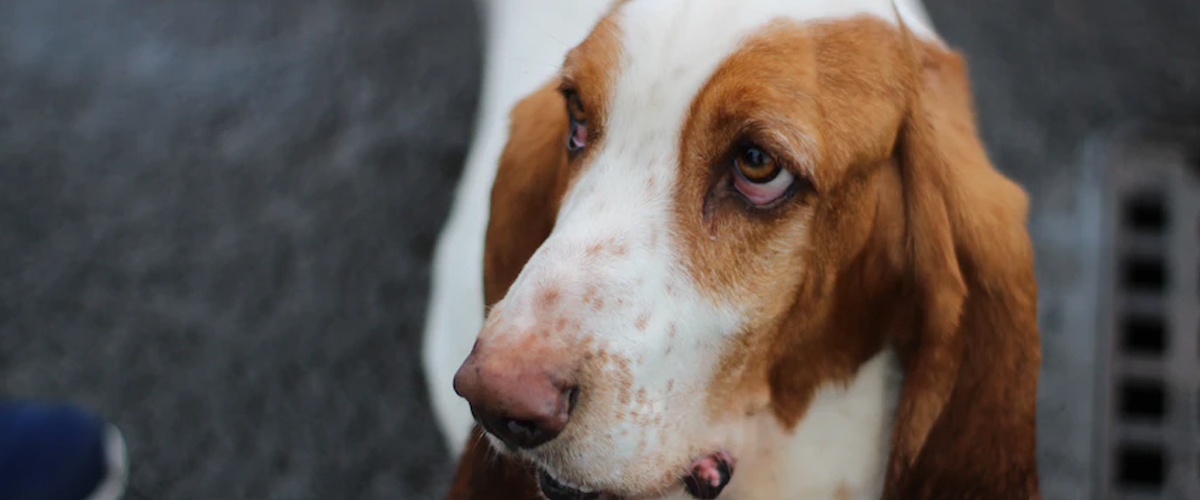Puppy roundworms, scientifically known as Toxocara canis, are a common parasitic problem that can affect the overall health and well-being of your pet.
These puppy worms can grow up to 7 inches long and are usually present in puppies at birth or shortly after, through the mother’s milk.
The alarming fact is that a single puppy can have up to 500 worms living in its intestine at one time.
If you know – Contact your Vets
This significant number of worms can cause severe discomfort and health issues if left untreated, including poor growth, diarrhea, vomiting, and in severe cases, can lead to death.
Therefore, it is crucial to regularly deworm your puppies and adult dogs alike to ensure optimal health and well-being.
TOXOCARA CANIS, PUPPY WORM
Toxocara canis, commonly referred to as puppy worms, poses a serious health concern for our furry friends.
Manifesting primarily in puppies, these parasites are typically contracted through the consumption of infected materials or via their mother’s milk.
Recognizing the signs of a Toxocara canis infestation is crucial for the wellbeing of your puppy.
The symptoms of a Toxocara canis infection can vary, but often include digestive issues, lack of appetite, weight loss, and a pot-belly appearance.
Your puppy might also exhibit a dull coat, coughing, or even neurological signs if the infestation is severe.
Remember, a healthy puppy is an active, playful one
Any deviations from this norm warrant immediate attention.
THE WORM
One of the most common ways puppies contract Toxocara canis is through their mother’s milk.
This makes the initial deworming process, typically undertaken when the puppy is two to three weeks old, incredibly important.
Repeated deworming sessions, usually every two weeks until the puppy is three months old, followed by monthly treatments up until six months of age, are highly recommended to ensure your puppy is worm-free.
GET TO THE VETS
However, if you suspect your puppy has already contracted these parasites, an immediate visit to the vet is in order.
The vet can conduct a fecal floatation test to confirm the presence of Toxocara canis eggs.
If confirmed, your puppy will be prescribed a deworming medication.
The type and dosage will depend on the severity of the infestation and the age and size of your puppy.
Typically, these treatments are oral medications, and they’re extremely effective at eliminating the worms.
CLEAN ENVIRONMENT
Prevention, though, is always better than cure.
Regularly cleaning your puppy’s living area, preventing them from eating off the ground, and regular feces disposal can significantly reduce the risk of a Toxocara canis infestation.
Additionally, regular vet check-ups can ensure early detection and prompt treatment, protecting not just your puppy, but also other pets and humans in your household from potential infection.
Toxocara canis infestations are a common issue in puppies, but with vigilant care, regular deworming, and maintaining a clean environment, we can protect our puppies from these harmful parasites.
Ensuring your puppy’s health is essential to their growth and development, and knowledge about Toxocara canis can go a long way in doing just that.









